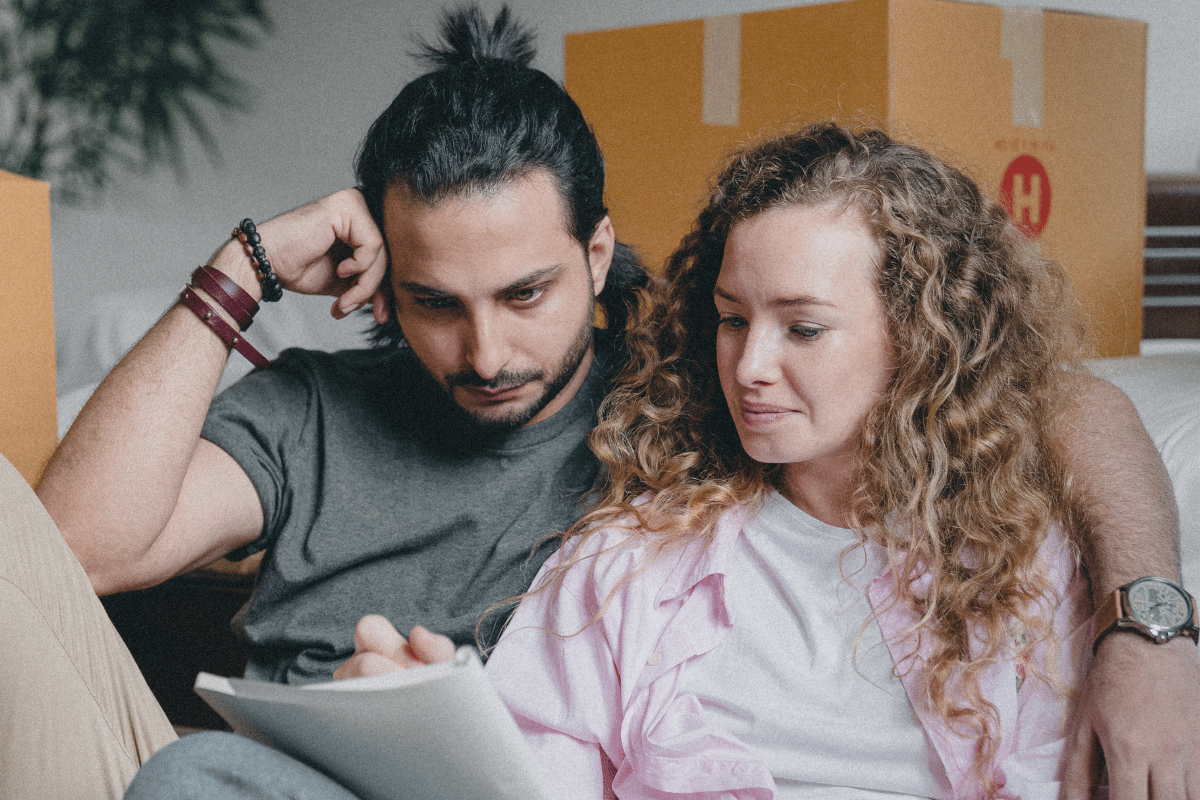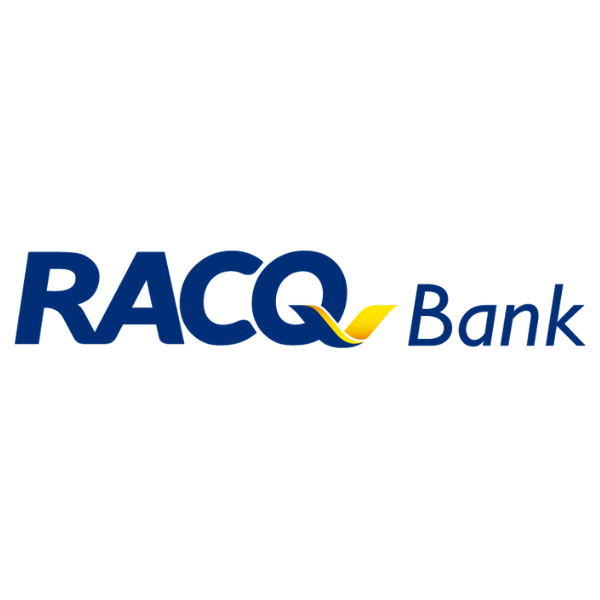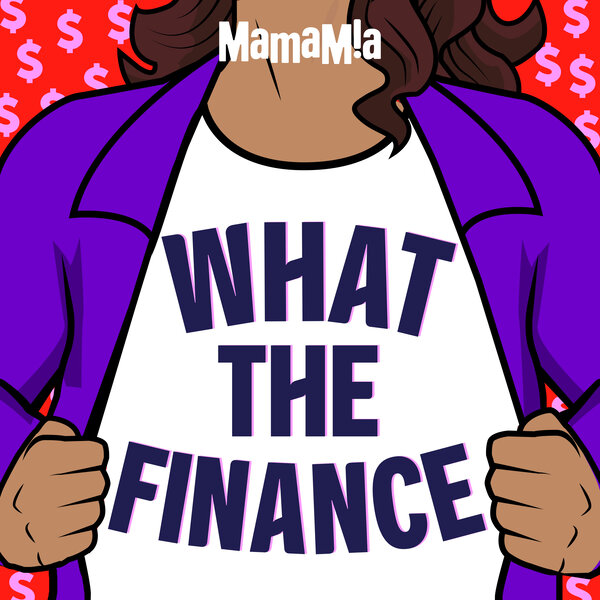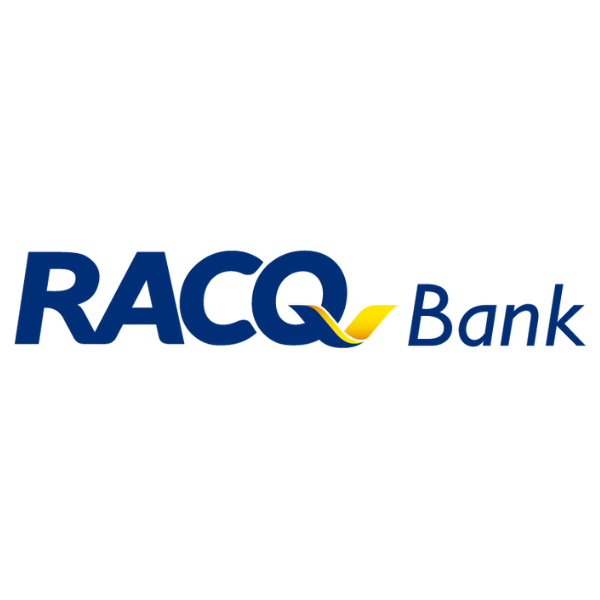

There's nothing quite as exciting and nerve-wracking as buying your first home. It's likely to be the single biggest purchase you will ever make, a fact I kept reminding myself of, which made it all the more overwhelming — especially when it came to navigating the world of home loans.
From loan jargon to government fees, there's a lot to wrap your head around. The good news? With the right questions (and a little preparation), you can tackle the process with confidence and make choices that actually fit your life. Applying for your first home loan doesn't have to be intimidating. RACQ Bank is a Queensland brand with deep local roots, and its team is all about helping home buyers cut through the noise and get the support they need — no jargon, no fuss.






























































































